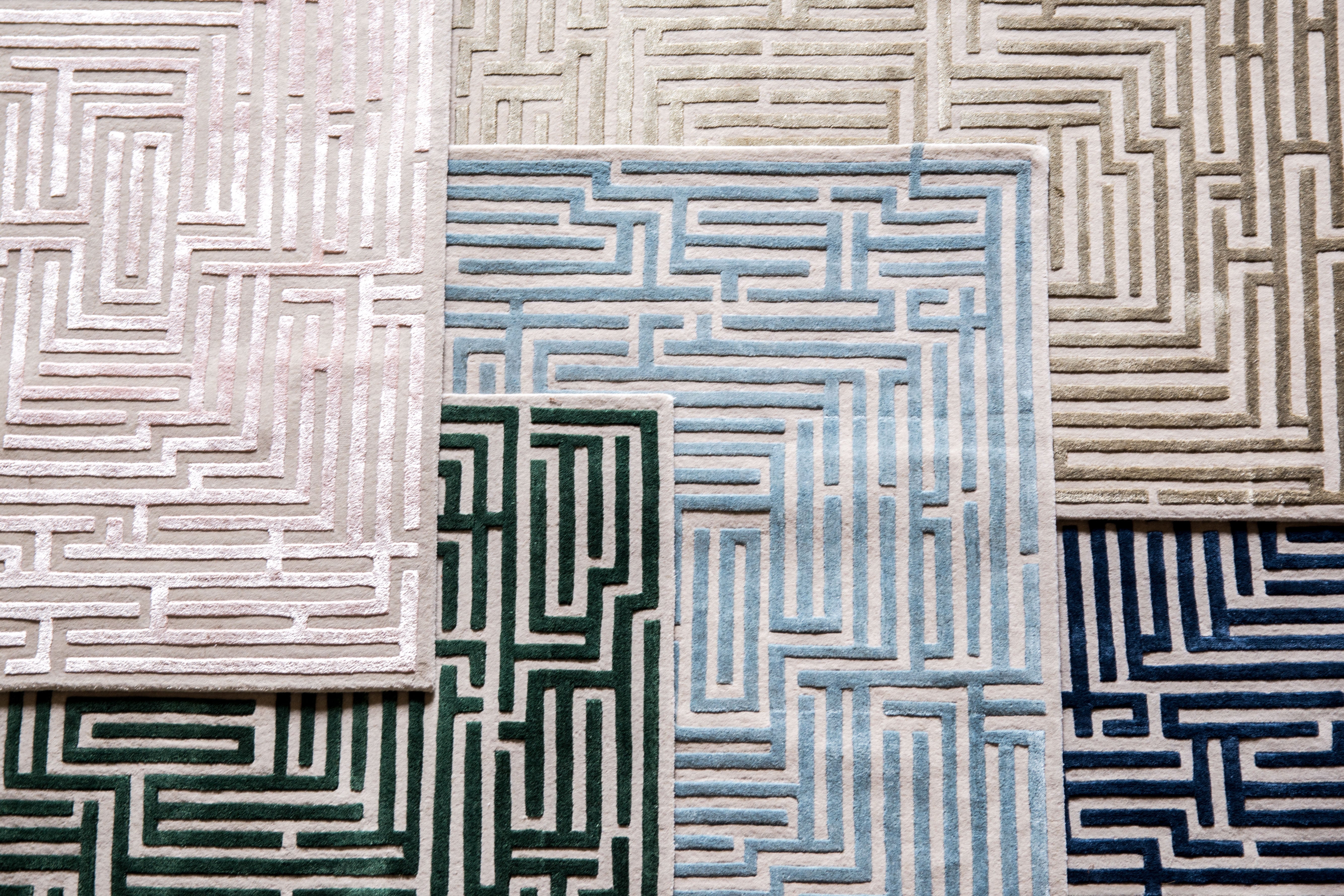Total Kitchen Gut: Steps to a Complete Kitchen Demolition and Remodel

Are you dreaming of a brand new kitchen? Whether your current kitchen is outdated, lacks functionality, or simply doesn't suit your style, a total kitchen gut might be just what you need. But before you grab a sledgehammer, it's important to plan out every step of the process, from demolition to waste management, and finally, the exciting remodel.
Planning Your Kitchen Remodel
Assessing Your Current Kitchen Layout and Needs
Before diving into the demolition, take a close look at your current kitchen. What works? What doesn't? Consider the layout, storage space, and overall functionality. Do you need more counter space? Is your kitchen too cramped? By identifying these issues, you can set clear goals for your new kitchen design.
Identifying Your Goals and Priorities
Setting goals is a key part of planning your remodel. Whether you want more storage, better lighting, or a more open layout, knowing your priorities will help guide your decisions throughout the project.
Creating a Budget and Timeline
Remodeling a kitchen can be costly, so it's important to set a budget from the start. Be sure to factor in all costs, including materials, labor, and unexpected expenses. Additionally, creating a timeline will keep your project on track, ensuring that your kitchen is ready when you need it.
Deciding Between DIY and Hiring Professionals
While some homeowners prefer to take on a kitchen remodel themselves, others may opt to hire professionals. Consider the complexity of the work and your own skills before deciding. Hiring contractors might be more expensive, but it could save you time and ensure the job is done right.
Preparing for Demolition
Securing Necessary Permits and Inspections
Before you start tearing down walls, make sure you have all the necessary permits. Depending on your location, certain renovations may require inspections to ensure safety and compliance with local building codes.
Protecting Your Home and Belongings
Demolition can be messy, so it's important to protect your home. Cover floors, seal off other rooms with plastic sheets, and remove or protect furniture and appliances. Taking these precautions will help minimize damage and reduce cleanup time later.
Shutting Off Utilities
Safety first! Before beginning demolition, shut off all utilities, including water, gas, and electricity. This will prevent accidents and ensure that you're not damaging essential connections during the demo.
The Demolition Process
Tools and Equipment Needed
For a kitchen demolition, you'll need a variety of tools, including a sledgehammer, pry bars, and safety gear like goggles and gloves. Having the right tools on hand will make the process smoother and safer.
Step-by-Step Demolition Guide
Start with removing appliances, followed by cabinets, countertops, and finally, any walls or flooring. Work methodically, taking care not to damage any areas that you plan to keep. Remember, a slow and steady approach is safer and often more efficient.
Handling Hazardous Materials
Older homes may contain hazardous materials like asbestos or lead paint. If you suspect these materials are present, it's crucial to hire a professional for safe removal. Never attempt to handle hazardous materials on your own.
Renting a Roll-Off Dumpster for Waste Management
Why a Roll-Off Dumpster is Essential
Demolition produces a lot of debris, from broken cabinets to old drywall. Renting a roll-off dumpster is essential for managing this waste efficiently. A dumpster rentals in Nashville will keep your work area clean and ensures that debris is disposed of properly.
Choosing the Right Size Dumpster
Dumpsters come in various sizes, so choose one that fits the scale of your project. For a full kitchen gut, a 20-yard or 30-yard dumpster is typically sufficient. This size allows you to dispose of all debris without needing multiple pickups.
Cost Considerations and Scheduling
When renting a dumpster, be sure to factor in the rental cost as part of your budget. Dumpster rental prices vary with the size of the dumpster and length of rental. Schedule the dumpster delivery a day or two before you begin demolition and plan for pickup once the demo is complete. This will ensure you have ample time to load all debris.
Remodeling After Demolition
Designing Your New Kitchen Layout
Once the old kitchen is gone, it’s time to design the new one! Focus on creating a layout that enhances functionality. Think about the kitchen work triangle (the distance between the stove, sink, and refrigerator) and how to make the space work best for your needs.
Selecting Materials and Finishes
Choosing the right materials and finishes is crucial to achieving the look and feel you want in your new kitchen. Consider durable, easy-to-clean countertops, cabinets that offer ample storage, and flooring that complements the overall design.
Installing New Fixtures and Appliances
With the structure and design in place, it’s time to install new fixtures and appliances. Whether it’s a sleek new faucet, modern lighting, or state-of-the-art appliances, these elements will bring your kitchen to life. Be sure to follow manufacturer instructions or hire professionals to ensure proper installation.
Finalizing the Remodel
Conducting a Final Inspection
Before you can truly enjoy your new kitchen, conduct a final inspection. Check that all appliances are working, fixtures are securely installed, and no details have been overlooked. This step ensures that your kitchen is ready for everyday use.
Cleaning Up and Disposal
Once the final touches are complete, it’s time to clean up. Remove any remaining debris, dust off surfaces, and give your new kitchen a thorough cleaning. Proper disposal of leftover materials is essential—use the roll-off dumpster for any remaining waste.
Enjoying Your New Kitchen
Your hard work has paid off, and now it’s time to enjoy your brand-new kitchen. Hosting a dinner party, baking your favorite treats, or simply relaxing in the beautiful space you’ve created. A total kitchen gut is a big project, but the end result is worth every effort.
Final Thoughts….
A total kitchen gut is a significant undertaking, but with careful planning and the right tools, it can be a rewarding experience. From demolition to the final touches, each step is crucial to achieving the kitchen of your dreams. Remember to prioritize safety, consider waste management with a roll-off dumpster, and enjoy the process of transforming your kitchen into a space you'll love for years to come.









